Advocacy Group Urges Howell City Council to Permit Marijuana Businesses
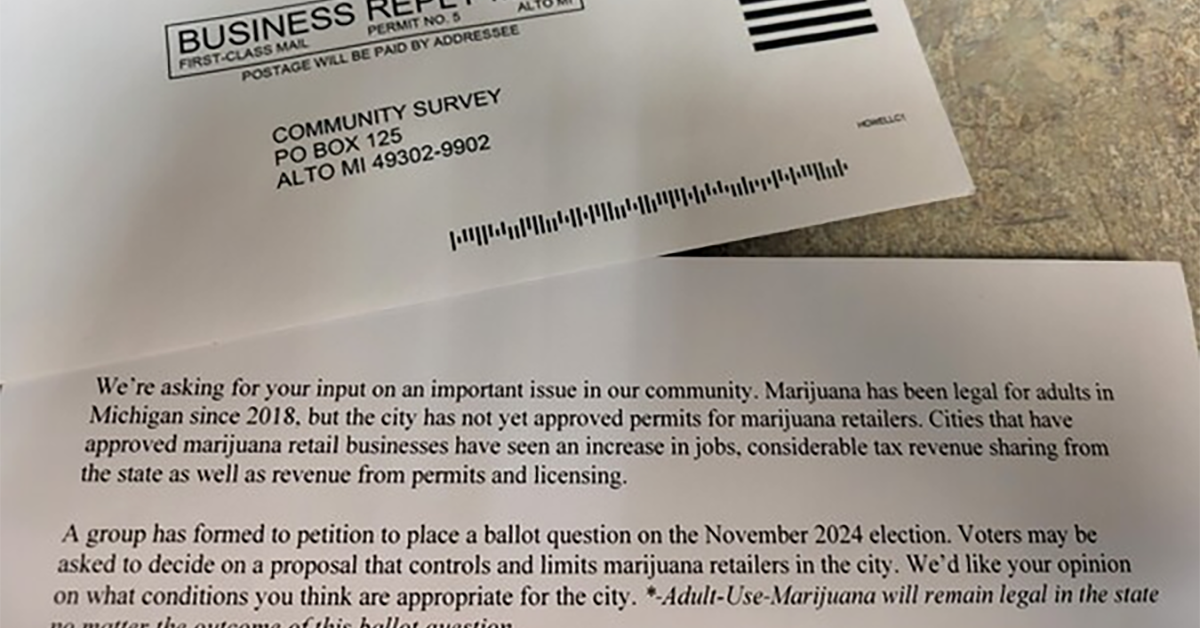
In Howell, Michigan, a significant push is underway to introduce marijuana-related facilities, potentially leading to a ballot question in the November 2024 election. This move challenges the city's current stance, which has been to opt out of permitting such establishments since Michigan legalized medical and adult-use marijuana in 2018.
Recently, Howell's City Council received a letter from Ypsilanti Attorney Anderson Grandstaff. He represents an organization advocating for a ballot initiative to overturn Howell's ban on recreational marijuana retail businesses and to create a regulatory framework for licensing these businesses. The proposed ordinance outlines procedures for city employees to process and evaluate applications for adult-use marijuana retail licenses.
Grandstaff's letter, discussed at a recent Council meeting, emphasizes a preference for collaboration over confrontation with the City Council. It suggests the Council could adopt the substance of the ballot initiative as a municipal ordinance, potentially with negotiated amendments to better align with local interests. However, the organization is prepared to proceed with petitioning if the Council is unresponsive or unwilling to negotiate in good faith.
The letter, along with a draft of the proposed ballot initiative, is available in the packet from Monday's Council meeting. While Grandstaff did not reveal his client's identity, a community survey circulating in Howell, linked to Liberty Petition Projects LLC, seems connected to this initiative. The survey, which does not require return postage, asks residents about their views on allowing marijuana retailers in the city and how to utilize the additional tax revenue.
City Manager Erv Suida confirmed receipt of the letter and draft ordinance, clarifying that the survey is not city-sponsored. He acknowledged the need to understand resident preferences, noting that while the city has considered such ordinances in the past, there hasn't been strong local momentum for permitting marijuana facilities.
Howell's situation mirrors that of the Village of Pinckney in Livingston County, the only municipality in the area currently allowing marijuana facilities. Pinckney faced a similar push from residents, resulting in a voter-approved ballot measure. Although one project in Pinckney, "The Means," has stalled, another proposal by Marco Lytwyn of Pinckney Developments for a marijuana facility named "Essence" is in the works.
Pontiac Residents to Decide on Key Marijuana Business Ordinance Amendments
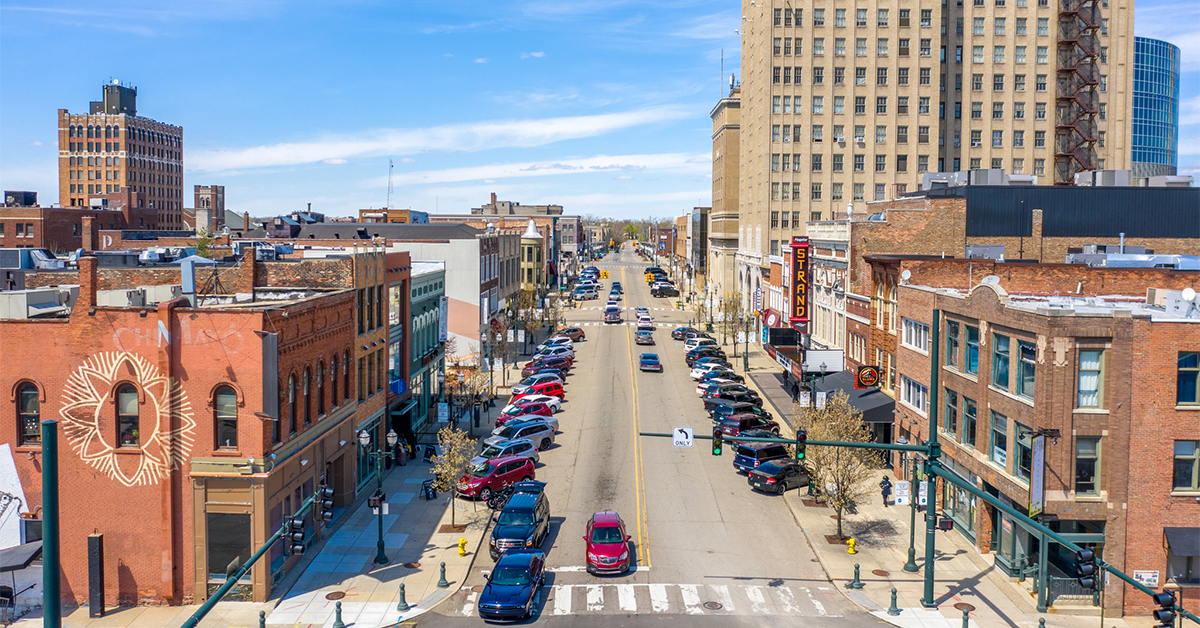
Pontiac, Michigan, is set to present a ballot proposal to its voters, aimed at amending the city's existing regulations on adult-use marijuana businesses. This move reflects a broader trend in Michigan, where the legal landscape around marijuana continues to evolve.
The proposed amendments, listed under Pontiac Proposal 1, Ordinance No. 2424, are comprehensive and detailed. They focus on various aspects of the Adult-Use Marihuana Business Ordinance, including:
-
Revised Definitions: The proposal seeks to update definitions for key terms such as "Applicant," "Person," "Social Equity-Qualified Business," and "Stakeholder." These changes aim to clarify who qualifies as an applicant, incorporating partnerships and limited liability partnerships, and expanding the definition of stakeholders to include any business entity owners with an indirect or direct ownership interest greater than 6%.
-
Enhanced Disclosure Requirements: The amendments propose more stringent disclosure requirements for applicants. This includes revealing the ownership structure of the applicant entity and identifying every individual or entity with more than a 2.5% ownership interest.
-
Background Checks and Age Verification: There are provisions for comprehensive criminal history background checks, including for managerial employees and others involved in the management of the applicant. Additionally, applicants and stakeholders must affirm they are at least 21 years of age.
-
Operational and Permitting Process Changes: The proposal suggests modifications to the marijuana business permit application process. This includes changes to the timeline for obtaining permits, setting application windows, and requirements for community engagement plans.
-
Scoring System for Permit Applications: A significant change is proposed in the scoring system used to evaluate permit applications, particularly for those with existing medical marijuana provisioning center permits. This includes the allocation of points for applicants and the conditions under which these points apply.
-
Zoning and Location Restrictions: The proposed ordinance addresses the number of conditional permits available in various zoning districts for different types of marijuana businesses, including retailers and microbusinesses.
-
Transfer of Location and Ownership Rules: Amendments also include provisions allowing the transfer of locations for conditionally approved medical marijuana permit holders to apply for adult-use permits in different zoning districts.
For Pontiac residents interested in the full details of Ordinance No. 2424, the document is available for review at the City Clerk's Office during regular business hours. Additionally, Pontiac is not the only community facing marijuana-related ballot proposals, with several other communities in the region also presenting their own amendments. More information on these and other election-related details can be found on the Oakland County Clerk's website.
Negaunee City Council to Decide on Zoning for Marijuana Businesses
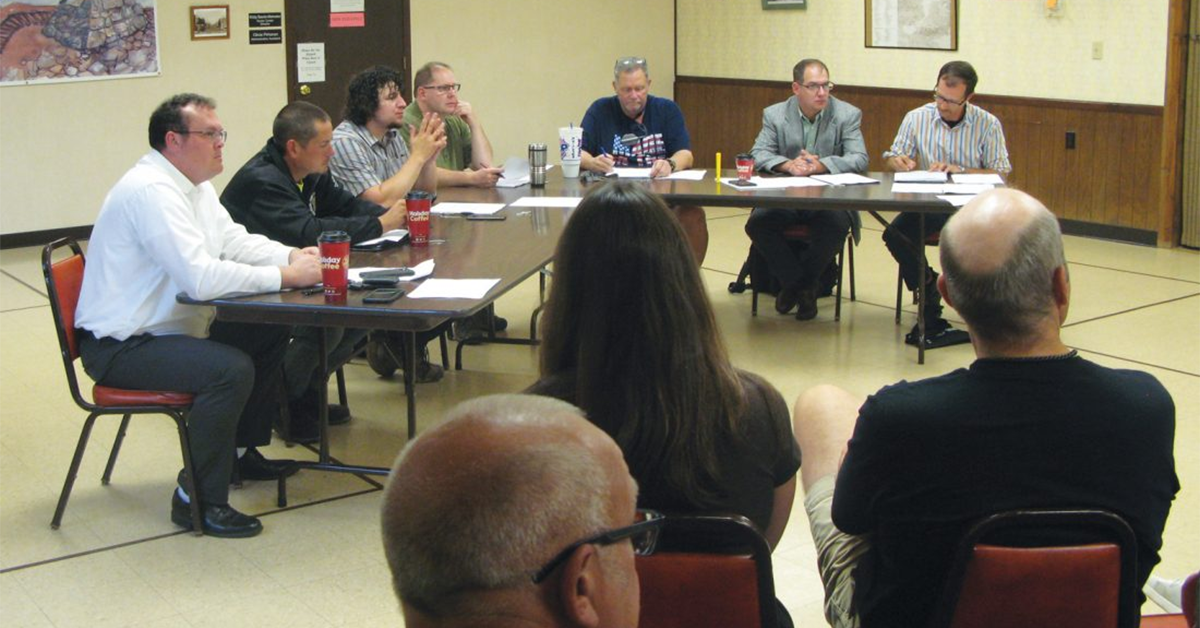
In a significant development for Negaunee's marijuana policy, the city's future regarding the presence of medical and recreational marijuana businesses is now in the hands of the Negaunee City Council. This follows a recent decision by the Negaunee Planning Commission, which approved a recommendation for an ordinance to permit such establishments, albeit with specific zoning restrictions.
The proposed ordinance, as endorsed by the Planning Commission, confines recreational and medical marijuana establishments to industrial zones only. David Nelson, Negaunee's Planning and Zoning Administrator, outlined the limited areas where these establishments could operate. He mentioned locations such as the Tracey Mine, Kallioinen scrapyard, areas adjacent to the wastewater treatment facility, and a city-owned industrial parcel near the cemetery.
Under the ordinance, marijuana businesses must adhere to strict location criteria. They are required to be situated at least 250 feet away from parcels zoned for single-family residential use. Moreover, the ordinance stipulates that no marijuana establishment can operate within 1,000 feet of any school.
Should the city council give the green light to this ordinance, applications for marijuana establishments will be accepted starting January 1st, as per the ordinance's language. Prospective operators must first acquire a special land use permit from the planning commission.
The ordinance also includes provisions for a selection process by the city in scenarios where multiple applications are submitted for permits to operate as either a micro-business or a provisioning center. According to the ordinance, a micro-business is defined as an entity licensed to cultivate no more than 150 marijuana plants, process and package marijuana, and sell or transfer it to individuals over 21 years old or to a marijuana safety compliance facility. However, they are not permitted to sell to other marijuana establishments.
The 2016 Michigan Marijuana Legalization and Regulation Initiative defines a provisioning center as a commercial entity that buys marijuana from growers or processors and then sells or supplies it to registered qualifying patients or their caregivers.
Regarding licensing, the ordinance caps the number of licenses for micro-businesses and provisioning centers based on the city's population. The formula allows one license for every 2,500 residents, with a scaling system for larger populations. As of 2018, Negaunee's population stood at 4,547, as reported by the U.S. Census.
For other types of marijuana businesses, such as growers, transporters, processing facilities, and safety compliance facilities, there is no population-based restriction on the number of licenses issued.
Algonac to Hold Referendum on Marijuana Establishment Ordinance
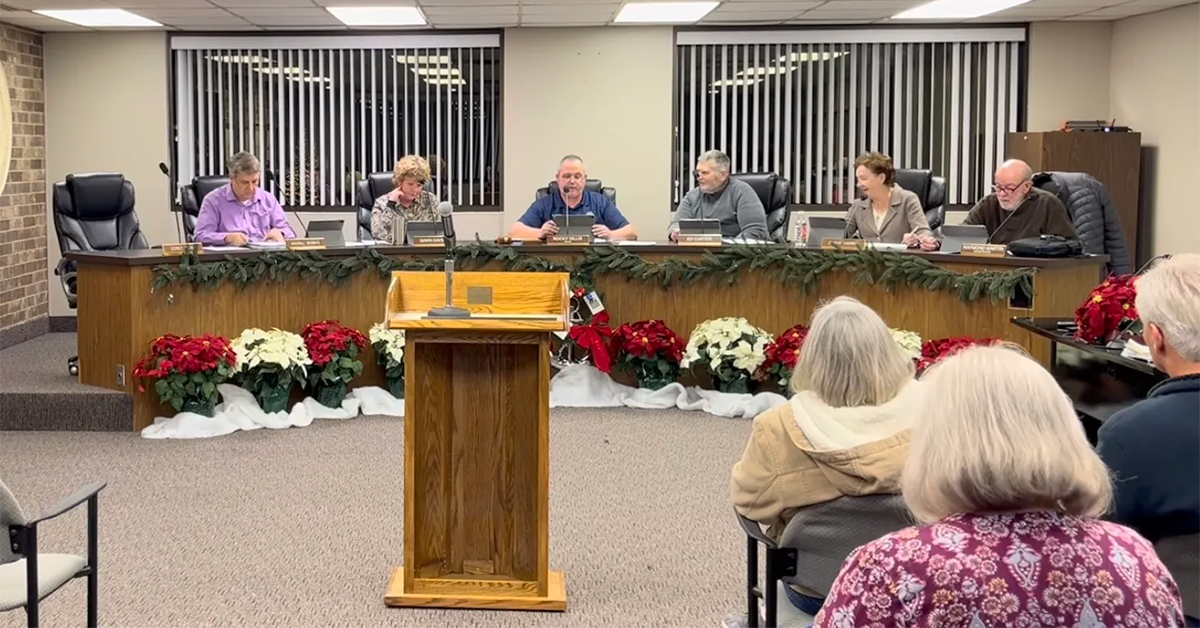
Residents of Algonac, Michigan are set to vote in February on a pivotal decision regarding the city's stance on marijuana establishments. In a recent city council meeting, Mayor Rocky Gillis announced that a petition with 353 valid signatures had been submitted. This petition proposes the repeal of Algonac's existing ordinance, which prohibits marijuana establishments, in favor of adopting a new ordinance to permit a single marijuana dispensary within the city.
This dispensary, to be licensed by the state of Michigan, would cater to both medical and recreational marijuana users. The proposed location for the dispensary is within a commercially zoned district in Algonac. The city's charter mandates that such petitions be presented to the city council, which then has 30 days to either adopt the proposed ordinance, repeal the existing one, or put the matter to a public vote.
Mayor Gillis outlined the procedural steps following each option. If the council opts to adopt or repeal the ordinance, the city attorney would draft a new zoning ordinance, reviewed by the planning commission without a public hearing. The recommendation from the commission would then be introduced and potentially adopted in subsequent city council meetings.
Alternatively, should the council decide to put the proposal to a public vote, the matter would be decided in the next scheduled election on February 27th, 2024. Council member Dawn Davey motioned for this third option, favoring a democratic decision by the city's electorate.
During the meeting, City Attorney Jim Downey clarified the distinctions between the first two options. Both would involve the planning commission due to the need for zoning accommodation for the proposed dispensary, a consideration not previously required under the existing prohibition ordinance.
Council member Michael Bembas suggested that since the referendum is likely to pass, the council could bypass the ballot and proceed directly with planning. However, Mayor Pro Tem Raymond Martin and Council member Cathy Harris voiced support for a public vote, emphasizing the importance of community input on this citywide issue.
Downey indicated that even if the issue goes to voters, the city could still draft an ordinance in the interim, allowing time to study similar ordinances in other communities and address zoning issues.
Council member Davey noted that if the referendum passes, Algonac would become the second city in the county to allow dispensaries, following Port Huron. She expressed concerns about potential litigation arising from granting a single dispensary license. Downey acknowledged these concerns, suggesting that additional time could help address potential legal issues.
Ultimately, the council unanimously agreed to submit the proposal to the electorate, with Council member Corey Blair absent from the meeting.
Public Hearing Set for Parking Variance Request at Lapeer Marijuana Facility
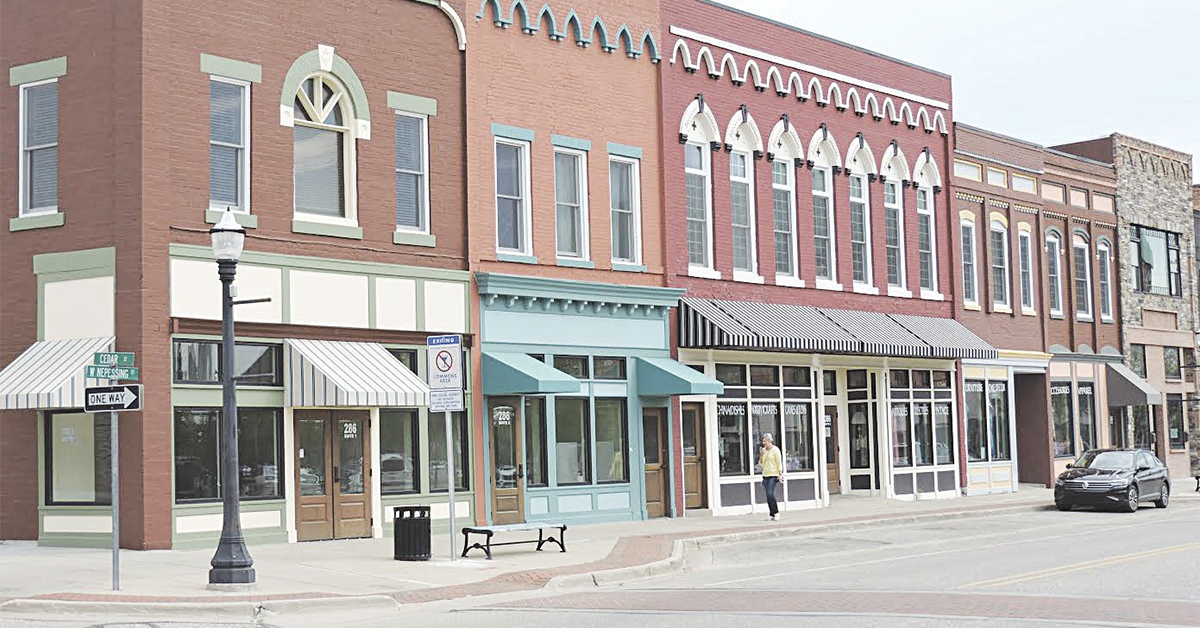
The Lapeer Zoning Board of Appeals (ZBA) has scheduled a public hearing on Monday, November 27th at 6:30 p.m. to discuss a variance request from Calvin Butrus and Fadi Syoufjy. This request concerns a deviation from the city's existing zoning ordinance, specifically in terms of the minimum number of parking spaces required.
Located at 1428 Imlay City Road, the site in question is the former Lapeer Ultimate Linings property, which falls under the I-1 Industrial zone. This zoning is a prerequisite set by both the City of Lapeer and the State of Michigan for marijuana cultivation operations. The building on the property spans approximately 6,150 square feet.
Under the current ordinance, marijuana cultivation facilities are required to maintain a minimum of 15 parking spaces. However, the applicants, Butrus and Syoufjy, are seeking a reduction in this requirement, proposing to provide just six parking spaces, thereby requesting a waiver for nine of the stipulated spaces.
The ZBA encourages those with an interest in this matter to participate in the upcoming public hearing. The meeting will take place in the Commission chambers located on the second floor of Lapeer City Hall.
For those unable to attend, written comments are being accepted until 5 p.m. on November 27th. Correspondence should be directed to the Lapeer City Hall, specifically addressed to the Zoning Board of Appeals at 576 Liberty Park, Lapeer, MI 48446.
Recreational Cannabis Establishments Approved in Bad Axe

The Bad Axe City Council, in a significant move, recently approved the introduction of recreational marijuana facilities within the city limits. This decision marks Bad Axe as the first municipality in Huron County to endorse such establishments for recreational use, diverging from neighboring areas like Caseville and Oliver Township, which currently only sanction medical marijuana facilities.
Before the council's decision, Police Chief Shawn Webber, along with former Chief David Rothe, presented their findings from research initiated in March 2022. Webber emphasized the need for detailed ordinances to regulate what would be permissible within the city. He highlighted the potential economic benefits, noting that different license types, especially "retailer" and "micro business," could significantly contribute to municipal revenues. According to his research, each license could generate approximately $51,841 annually, a figure that has been increasing since 2019.
Webber also addressed public safety concerns. He referenced discussions with other municipalities like Bay County, indicating that there had been no notable rise in crime rates in areas with similar facilities. Most issues reported were related to retail fraud, and there was no increase in incidents of driving under the influence.
Webber expressed his support for the initiative, citing his research: "I personally am OK with it and I don't think it's going to increase our crime rates or cause us more work by any means."
The council also deliberated on the potential allocation of revenue generated from the marijuana ordinance. According to Webber, the funds would primarily support the police fund, which could indirectly benefit other city sectors through budget adjustments.
The motion passed with a 4-1 vote, with Councilmember Clark McKimmy opposing and Richard Peterson initially voting against it before opting to abstain, pending further information. Peterson's abstention raised questions about its legal validity.
McKimmy explained his opposition, stating he believed the decision should have been left to the city's voters.
With the council's approval, the city will now begin drafting an ordinance to regulate the operation of these facilities. This includes licensing processes and maintaining compliance with city regulations. City Manager Rebecca Bachman noted that, in collaboration with the planning commission, it could take six months or more to finalize the ordinance. A preliminary draft, informed by Webber's research and contributions from the city attorney, is already in progress and will soon be reviewed by the planning commission.


 Helpful Links
Helpful Links